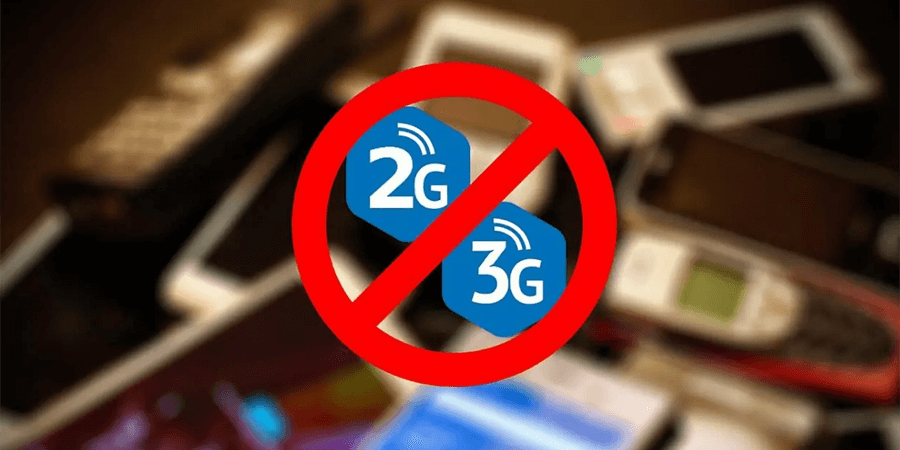
No upgrade, no cover: Once 2G/3G networks shut down, affected devices will leave you uninsured.
As part of a national network upgrade, mobile providers across South Africa have started phasing out
2G and 3G networks to make way for newer technologies like 4G and 5G. While the complete shutdown is expected by December 2027, some providers began decommissioning these networks as early as January 2025.
As a result, certain devices may already be experiencing service disruptions — or could soon stop
functioning altogether.
This change may impact devices linked to insurance policies, such as:
- 🚗 Vehicle tracking and telematics systems
- 🏠 Property security systems
- 🏭 Industrial monitoring equipment
- 🔥 Fire alarms and gas detectors
🚗 Motor Vehicle Devices
If your vehicle uses a tracking or telematics system — especially those installed a few years ago
— we strongly recommend confirming whether it still relies on 2G or 3G networks. Devices that do
may soon lose connectivity and become non-operational.
What to consider:
Many of these products are marketed under brand names that do not clearly state the underlying
network technology. It’s important to verify the exact model and its network compatibility.
A smart alternative:
RF (Radio Frequency) tracking devices offer a reliable solution that doesn’t rely on cellular
networks. These devices have also shown higher recovery rates in vehicle theft situations.
🏠 Property & Other Security Devices
Alarm systems, monitoring equipment connected to control rooms, and other network-reliant
devices may also be affected. This includes certain fire alarms, gas leak detectors, and
industrial systems.
Please check with your security or service provider to confirm whether your equipment is
impacted and if any upgrades are needed.
🔧 What You Can Do
- Check your current devices – especially those installed before 2020.
- Contact your service provider to confirm network compatibility.
- Upgrade if needed to avoid disruptions in critical situations.
We’re sharing this notice to help you avoid disruptions that may affect your insurance cover or delay
emergency response times. While specific network compatibility is not yet a formal requirement, we
encourage early action to ensure your protection remains seamless and in place. Should you have any questions or need assistance, please don’t hesitate to get in touch with us.
